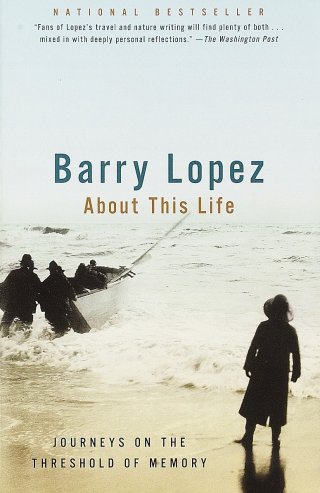In a 2015 paper, Dennis Earl, professor of philosophy at Coastal Carolina University writes:

I learned of Professor Earl’s idea from a recent discussion on social media in which several philosophers said they used it. Have you? How has it worked out? Are there other valuable mini-assignments more philosophy professors should be aware of?
Some philosophy professors have been assigning their students four-sentence papers to write. Why do this?

(1) They say __________.
(2) I say __________, because __________.
(3) One might object that __________.
(4) I reply that __________.
Professor Earl says the idea was inspired by Gerald Graff and Cathy Birkenstein in their book, They Say / I Say: The Moves that Matter in Academic Writing, which recommends giving students templates to help with their writing, and he offers up his version “as one tool we should use in teaching argumentative writing.” Here’s his template:
(via Andrew J. Cohen)
He goes on to show how the template can be used for a variety of philosophical topics, and how it can be used to help students prepare for writing longer essays, build reading skills, and enhance their in-class participation. He presents some empirical support for the effectiveness of the the tool and also addresses objections to its use. An ungated manuscript of the paper is available here.
Most everyone reading this who is a philosopher surely assigns argumentative, “thesis defense” papers. Most everyone reading this surely struggles with grading such papers, and most everyone reading this surely thinks about how best to help students improve their argumentative writing skills. A first thought is that if we want students to be able to write good argumentative papers, we should assign more papers. But we all know we’re limited in that—in terms of load on both students and us—and most of us wind up assigning just a few papers in any one course, and the consequence is that progress is slow. What to do? I agree with the common thought just mentioned, and also with the thought that practicing various components or subskills of argumentative writing is helpful too. One of the most important of these is that of considering and replying to objections. This might be the most important skill in argumentative writing after getting the expository material right and having clear and cogent arguments of one’s own. But in my experience, and my own department’s assessment data confirm this, students only rarely consider objections to their own theses and arguments. Or if they do, it is usually by way of just a passing mention of an opposing view. Again, what to do?
[Roy Lichtenstein, “Cow Triptych / Cow Going Abstract”]
What I offer here is a tool to help build argumentative writing skills by way of making more practice of them possible, where the tool essentially includes practice at considering and replying to objections. I call it “the four-sentence paper.”





